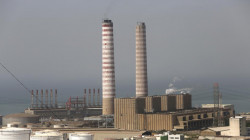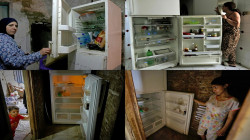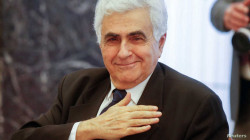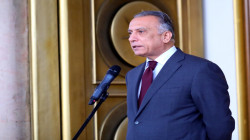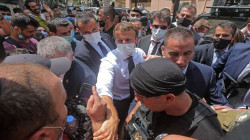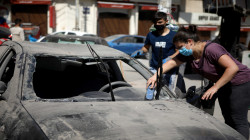Lebanon’s Kurds.. A marginalized historical existence, how did their one thousand year journey go?
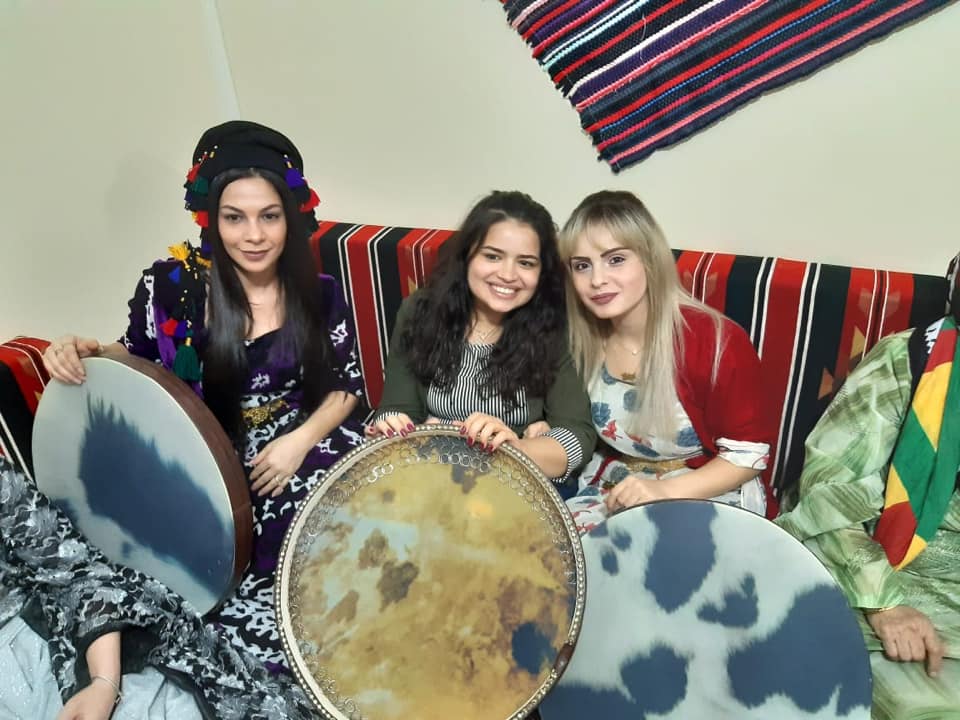
Shafaq News / Although the Kurds have been in this country for 1000 years, the majority of them suffer from neglect and marginalization -except for Kurdish families. These families have been fully integrated into Lebanon’s complex social and religious fabric.. Yet Lebanon has not recognized the Kurds’ own ethnic identity.
It is possible to talk about the presence of Kurds in Lebanon through three main stages; the first 1000 years ago, the second about 100 years ago, and the third about 30 years ago, when many families were naturalized.
No political organizations are representing the Kurds as a special minority in Lebanon. Many organisations have been active over the past decades in political, partisan, and cultural life -just as their ancestors did 1000 years ago, when they arrived on the coasts of Lebanon and Syria to participate with the people of these areas in their defense in the face of crusades.
Many of them have settled in what is now Lebanon and have established large and influential families, including the Families of Ayyubid, Kreidiye, Al-Mir’bi, and Junblat. The second batch of Displaced Kurds came to Lebanon 100 years ago to escape the repression they suffered in Turkey, especially after the partition of the entire region under the Sykes-Picot treaty. The majority of them came from Mardin and Bohtan regions of northern Kurdistan. Also of Kurdish origin are Al-Marab’i, Hamiyya, Mashik, Al-Hamoud, and Al-Kurdi families.
Hanan Osman, director of the Social-Cultural Rabatat Nowruz in Lebanon, told Shafaq News agency that the number of Kurds in Lebanon ranges from 80,000 to 150,000 -according to unofficial estimates, and are based in various areas and neighborhoods in Beirut, such as Basta, Bourj Abi Haydar, Minet Al-Hoson, Karantina, and Bourj Hammoud, and are also distributed in the northern city of Tripoli and the Beqaa Valley.
"Many Kurds have been exiled from their motherland because of their political positions against the Turkish state, which has been subjecting Kurds to physical and cultural annihilation; including the Badrakhan family, which played a major role in Egypt and Lebanon in terms of spreading culture and defending the Kurdish rights", Hanan Osman said.
The number of Kurds in Lebanon before 1985 was estimated at 60,000. Thousands of which immigrated to Europe during the civil war, due to the difficult living conditions that affected them -as did the Lebanese in general; yet they continued to be treated as second-class citizens and were not recognized or identified, which encouraged them to leave whenever they had opportunities. Many young Kurds joined the so-called "National Movement", which represented the Lebanese left-wing and nationalist forces that fought in the civil war in support of the Palestinians. In the post-war period, it was found that many Kurdish voters were supporting Sunni candidates in the parliamentary elections.
However, according to 2012 estimates, about 40% of all Kurds in Lebanon did not have Lebanese nationality. According to Hanan Osman, there are also about 50,000 Displaced Kurds from northern Syria, particularly from the areas of Afrin and Ras Al-Ayn –Kobane- after the Turkish army and its mercenaries occupied Kurdish towns and villages.
"Since the beginning of the 20th century, Kurdish activists and politicians have established many Kurdish associations, parties, and even Kurdish newspapers in Lebanon; for Lebanon has been the beacon of the East in terms of freedom of thought and opinion, and an important press center in the Middle East", Hanan Osman said.
She also pointed out that some of the Kurdish presence obtained Lebanese citizenship after suffering, hardships, and great difficulties.. But the majority did not get this legitimate right, although the Kurds made many sacrifices in defending Lebanon.
A large group of Kurds did not have citizenship but have "under-consideration" documents, i.e. their cases are examined until the decision to grant them citizenship is decided or not. In 1994, during the reign of the late President Elias Hrawi and the late Prime Minister Rafic Hariri, 12,000 Kurds were believed to have been granted the Lebanese nationality.
"The issue of Kurds in Lebanon is a matter of pain and deprivation; suffered by many Lebanese, from all sects, over the long years of difficult crises and wars, which we bear together with patience", Lebanese Kurd Faisal Jamil Mahu told Shafaq News agency.
Kurds in Lebanon tried to make their voices heard by establishing many Kurdish associations, "For subjective and objective reasons, these associations have not achieved any political objectives for the Kurds, as the aim of them was limited to cultural or charitable work. Despite some efforts made by Kurdish personalities with a history of struggle, the Kurds in Lebanon have not yet received any representation of them demanding their rights or defending them”, Hanan Osman said.
"The Kurds in Lebanon have given and lost a lot to this precious country, which we cherish as a first country since the beginning of the last century .. They founded parties and associations; their founders continued to defend the rights of their people and highlight their denial of many of those rights, chief among them was the issue of naturalization, which many Kurds have not received and are still deprived of, which is a legal right", Faisal Mahu said.
Faisal clarified, "In many of their meetings with prominent Lebanese figures, religious or political, the officials of these parties and associations have been demanding these rights. The Kurdish people are more than 75,000, down from 250,000 before the Lebanese war, and being displaced to different countries in Europe. The funny thing about this is that they got the nationalities of these countries after they spent a few years there and not as in Lebanon for more than 75 years”.
There was a kind of Kurdish awareness for the first time of the need to obtain appropriate Kurdish representation in the Lebanese parliament; represented in the candidacy of Hanan Osman herself in the elections in 2018, in which she ran as a candidate for the Sunni seat in Beirut’s second district, but she did not success. In her campaigns, she called to demand the rights of Lebanese Kurds be represented like other minorities in Lebanon.
"The Kurds in Lebanon are now demanding the right to representation (two parliamentary seats), which is a legitimate right like the rest of the communities and minorities who were granted the right to representation; hence the number of parliamentary deputies was increased from 99 in the early 1960s to 128 today. It is one of the most basic rights of Kurds who have all the competencies and personalities to do this honest work", Mahu said.
The problems facing the Kurds in Lebanon are not limited to this, "The Kurds in general in Lebanon and the Syrian Kurds (displaced in Lebanon) suffer from very difficult social and economic conditions; they suffer from marginalization and inferiority, even the citizens of them, where they are seen as citizens of the third and fourth grades", Said Hanan Osman to Shafaq News agency.
Hanan said that Syrian Kurds in Lebanon would prefer to return to their homes as soon as possible, as many of them went to self-administered areas where stability and security are found –as compared with other areas of Syria.
"As for the Lebanese Kurds.. Although they consider themselves an essential part of the Lebanese national fabric and are proud of it, Kurdish national issues occupy a large part of their lives. They have never given up the Kurdish national sentiment and they support and defend their nationality despite the absence of organized political parties among them", Hanan Osman added, noting, “Many Kurds in Lebanon speak Kurmanji, the main dialect in The Kurdish language. Many of the new generation do not speak Kurdish, as there are no schools and educational institutes”.
The Cultural-Social Rabatat Nowruz was officially opened in Beirut in 2014, run by Hanan Osman, where cultural and social activities, Kurdish language courses, history, and women's rights are organized.
Faisal concluded appealing via Shafaq News agency, "The Kurds in Lebanon have the right to be considered, their deprivation and injustice to be taken into account, as well as their social, health, educational, humanitarian role, and their suffering as a nationality in this country”.
